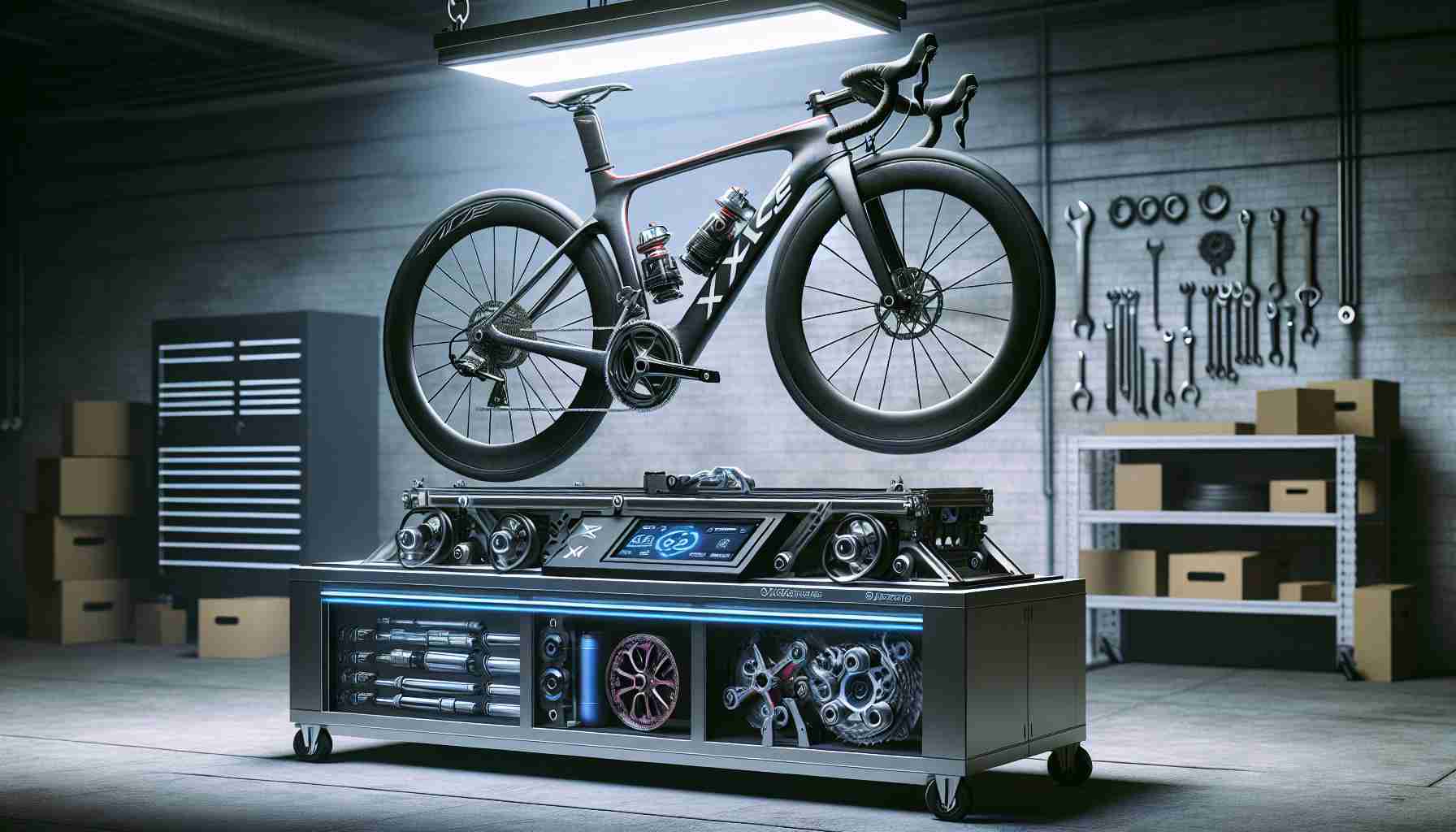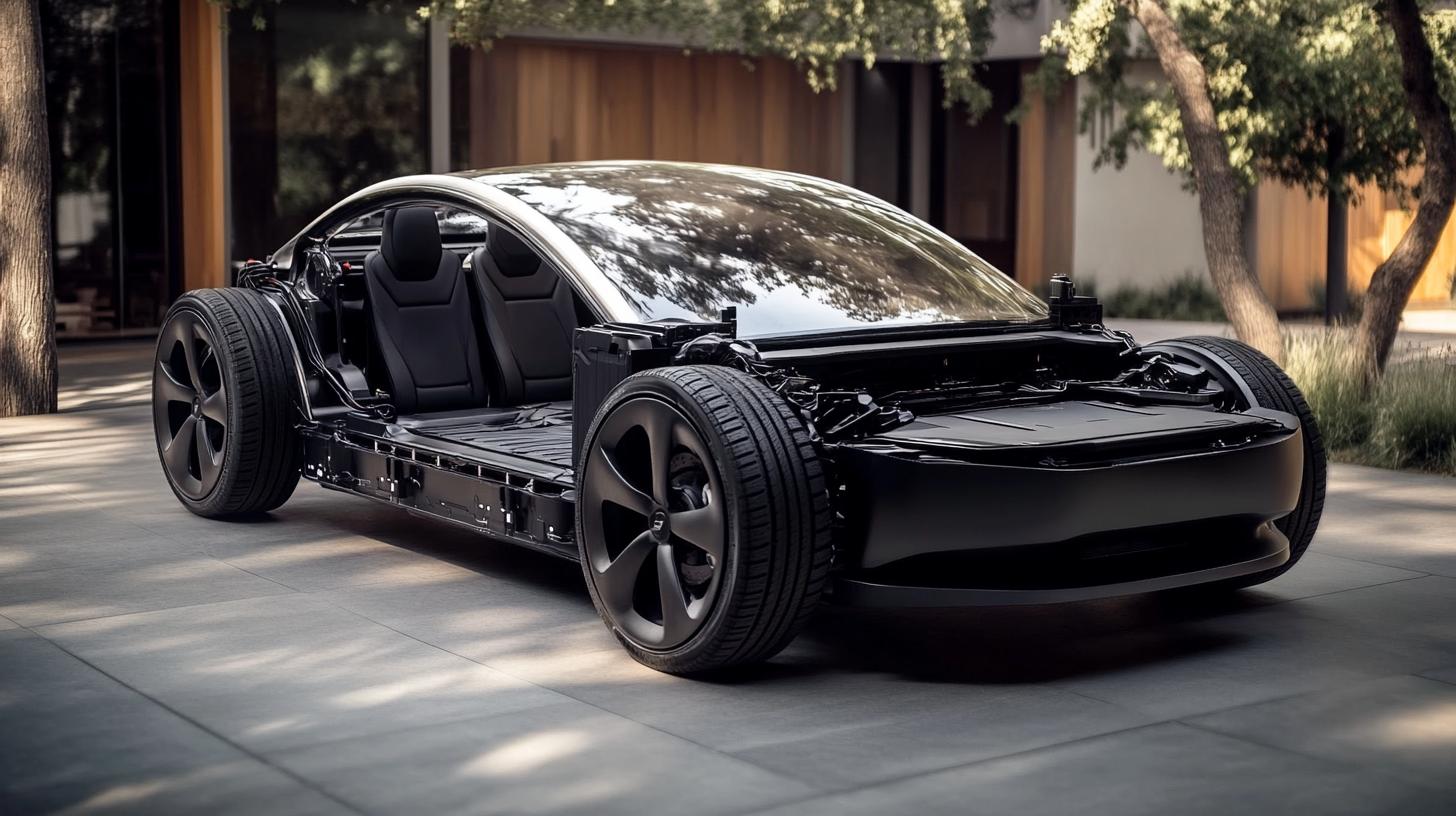Introduction to an Innovative Cycling Solution
Mahle, a leader in digital ecosystems, has leveraged its technology to gather extensive data on how their motor systems are used. By analyzing metrics such as distance covered and motor usage, the company discovered significant insights into cyclists’ habits. One crucial finding revealed that most cyclists utilize only about 70 Wh of their battery’s capacity, suggesting that the traditional battery sizes of 236 and 350 Wh are often unnecessarily large.
A Game Changer: The Mahle XS
With this knowledge, Mahle developed the Mahle XS system, designed to streamline the e-bike experience for both bike manufacturers and riders. The Mahle XS acts as a conversion kit, effortlessly transforming standard bicycles into e-bikes without substantial structural changes. This innovative approach aims to revolutionize personal transport by making e-bike technology more accessible.
Key Components of the Mahle XS
The Mahle XS system comprises three essential components: a motor, a battery, and the XS Smart Controller. The standout feature of this system is its adaptability; the controller and battery can be mounted externally, allowing compatibility with nearly any bicycle, including foldable and children’s bikes.
Technical Integration
The XS system incorporates advanced motors like the Mahle X20 and X30, known for their minimalistic design, connectivity, and high performance. The Smart Controller serves as the system’s brain, efficiently linking components such as the battery, motor, and sensors. Mahle’s clever design enables easy installation outside the bike frame.
The Mahle XS introduces a new era of accessible, efficient assisted cycling, aligning technology with user needs.
Revolutionizing Urban Transport: The Surprising Impact of the Mahle XS E-bike System
Introduction
The development of the Mahle XS e-bike system has introduced more than just a new way to electrify bicycles; it has opened up discussions about a potential paradigm shift in urban mobility. While the focus has been on its impressive technological integration, what remains less discussed is how this could significantly affect users, communities, and even countries. Here, we explore the often-overlooked implications of the Mahle XS system.
Social Implications: Redefining Accessibility and Mobility
The Mahle XS system’s adaptability means a wide variety of bicycles, from children’s bikes to foldable models, can be transformed into e-bikes. This democratization of e-bike technology could greatly enhance mobility for individuals who rely on bicycles as their primary mode of transportation, especially in urban areas where traffic congestion is a major issue. By making it easier and more affordable to convert existing bicycles, Mahle XS helps reduce the barrier to entry for e-bike adoption.
Environmental Impact: Paving the Way for Eco-friendly Cities
One key environmental benefit of the Mahle XS system is its potential to decrease reliance on larger, battery-heavy e-bikes, reducing waste and resource usage. This shift not only promotes sustainable urban transport but also contributes to reducing a city’s carbon footprint. As cities aim for greener futures, the Mahle XS system could help fill the gap between conventional bicycles and their heavier, electrically-assisted counterparts.
Technological Advancements: Bridging the Gap in Cycling
By analyzing user data and realizing that 70 Wh battery capacity is adequate for most cyclists, Mahle has optimized their system to align more closely with actual usage patterns. This finding highlights the potential for data-driven insights to innovate more efficiently tailored products in various sectors.
Complexities and Limitations
However, the introduction of the Mahle XS system isn’t without its challenges. A potential disadvantage is the assumption that all riders will have the ability or willingness to install such technology themselves. Furthermore, while the system’s lightweight nature is generally beneficial, it may lack the power needed for users who require higher performance for extensive routes or more challenging terrains.
Safety Concerns and Questions
How does the conversion influence the inherent stability and safety of a traditional bicycle? The integration of electronic components could alter a bike’s weight distribution or balance, posing questions about its influence on rider safety. More research and real-world testing will be needed to fully understand these dynamics.
Infrastructure Challenges
With a rise in e-bike usage, cities may need to invest in infrastructure enhancements such as dedicated bike lanes and charging stations to accommodate this growing form of transportation. The success of systems like Mahle XS hinges on how well urban environments can adapt to increased demand.
Clickbait Question: Is This the Future of Urban Transportation?
The Mahle XS system carries the potential to reinvent how we think about personal transport, bridging gaps in accessibility, sustainability, and technology. As e-bikes become more accessible, will traditional forms of transport soon become obsolete, or will they coexist in harmony with these new innovations?
Explore More
For additional insights into e-bike innovations and sustainable urban transportation, explore Mahle and discover the future of mobility technologies.






















